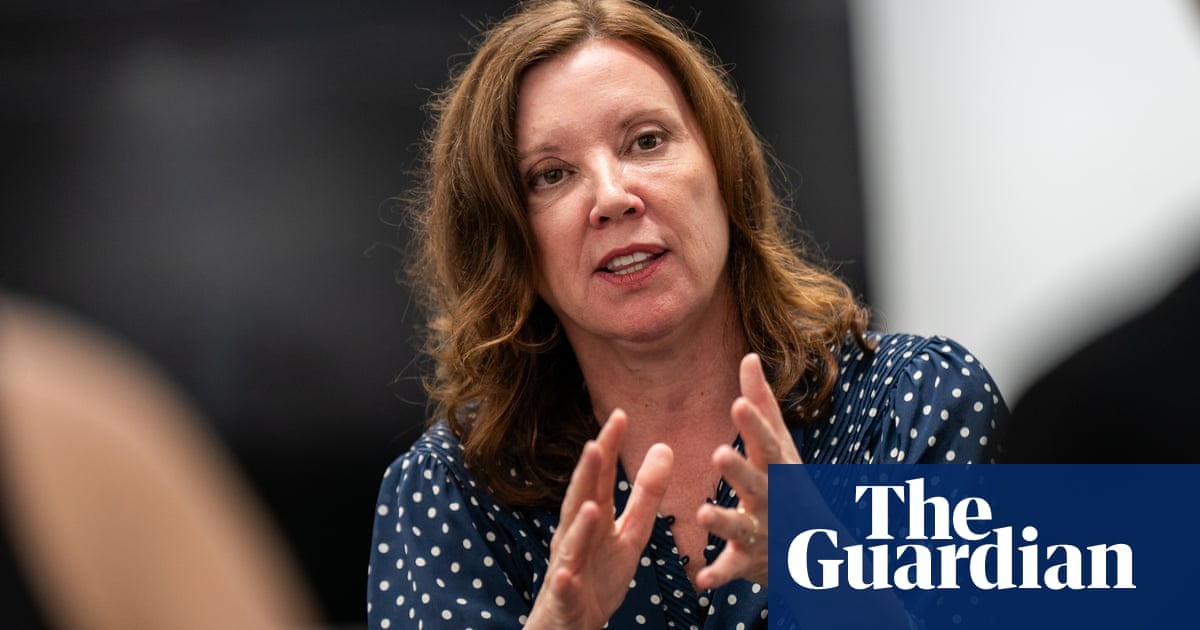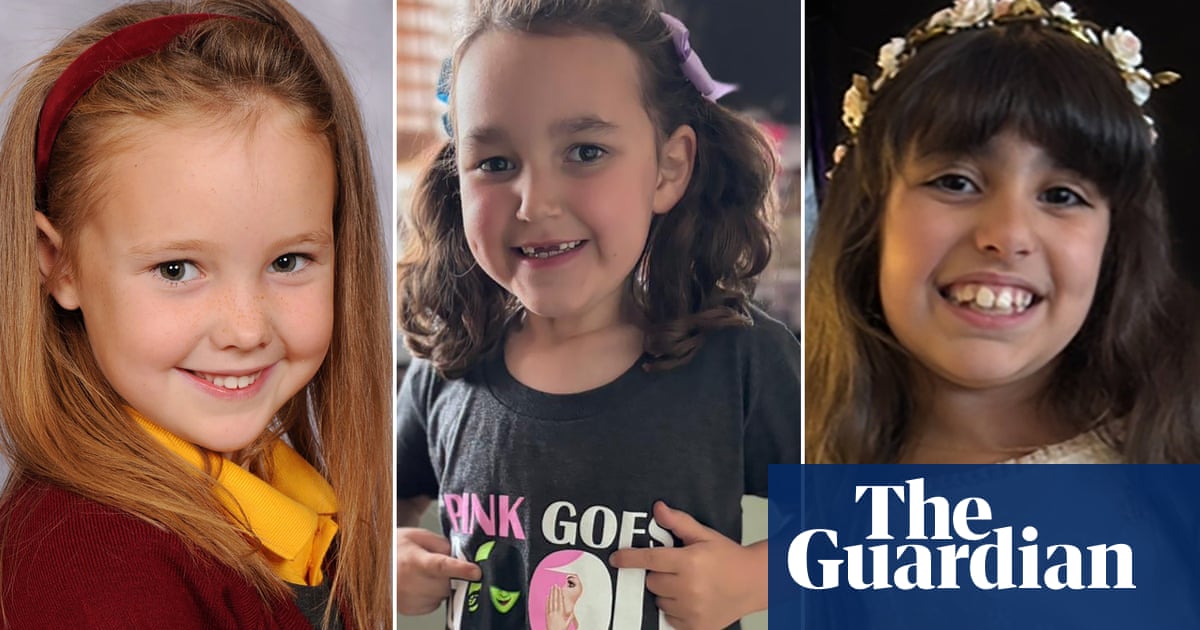Asian five-year-olds in England are 70% more likely to have tooth decay than the national average, according to the latest government figures, with experts saying “swift action” is needed to address this disparity.
The report, published by the Office for Health Improvement and Disparities, also found that five-year-olds living in the most deprived areas of England were more than twice as likely to have tooth decay (32.2%) as those living in the least deprived areas (13.6%).
Overall, just over a fifth (22.4%) of the schoolchildren surveyed had tooth decay in 2023-24 school year, affecting an average of 3.5 teeth. This was slightly lower than the previous year, where 23.7% of children had tooth decay.
The survey also found the prevalence and severity of the tooth decay changed with location. Children in the north-west of England were the most likely to have dental decay (28.7%). But at a local authority level, Brent in north-west London had the highest rate of decay at 43.4%.
The report also showed stark ethnic inequalities in regards to tooth decay rate, with Asian children having the highest rate (37.7%) of all ethnicities, apart from those belonging to an “other” ethnic group, which had a tooth decay rate of just under half (45.4%).
Within the Asian ethnicity, children from the Pakistani ethnic group (43.2%) had a greater prevalence of tooth decay than children from a Chinese background (24.6%).
Between 2008 and 2017, there had been a decrease in the prevalence of dental decay among children, from a rate of 30.9% to 23.3%. There was no continuation of this improvement in 2019 and 2022, and only a small decrease in the most recent years.
The report said the inequalities in the prevalence of tooth decay across England had in effect stalled, stating: “Inequalities in prevalence of dentinal decay in five-year-old schoolchildren significantly reduced from 2008 to 2015 but there has been little change in inequalities since then.”
The government has previously pledged to reform dental care in England due to a lack of NHS dentists and the cost of private dentistry having risen significantly in recent years.
Eddie Crouch, the chair of the British Dental Association, said: “This oral health gap was made in Westminster, with children paying the price for official failure to take dentistry seriously. A new government calls this ‘Dickensian’, but it will take deeds not words to turn this around.”
He added: “The government said ending these shocking inequalities would be a ‘moral crusade’. It will only qualify for that status when ministers actually bring the fight to decay.”
after newsletter promotion
Dr Charlotte Eckhardt, dean of the faculty of dental surgery at the Royal College of Surgeons, said: “Today’s figures paint a troubling picture of significant health inequalities in the oral health of young children in England. It is deeply concerning that those from the most deprived areas are more than twice as likely to experience dental decay compared to those from the least deprived areas. This disparity is further exacerbated among certain ethnic groups.”
She added: “Areas like London demonstrate how fragile improvement can be without sustained intervention. We need a consistent, targeted approach in hard-hit areas, with the government taking swift action to improve NHS dental access for all children.
“The government must move more quickly to introduce targeted interventions, like supervised toothbrushing, and improve access to NHS dental care to ensure that every child, regardless of their background, has the means to take care of their oral health.”
The health minister Stephen Kinnock said on behalf of the Department of Health and Social Care: “It is appalling that nearly a quarter of our young children have been left to suffer painful tooth decay when it is so easily prevented. And it is scandalous that the new patient premium – set up at a cost of millions to improve access to treatment for patients – has had next to zero impact.”
He added: “We’re bringing forward plans to fundamentally reform NHS dentistry, including a proper early intervention programme featuring supervised toothbrushing in deprived areas, to ensure our young children have healthy teeth for life. We’ll also deliver an extra 700,000 urgent dental appointments to help those who need it most, and will reform the dental contract to encourage more dentists to offer NHS services to patients.”

.png) 2 months ago
31
2 months ago
31













































